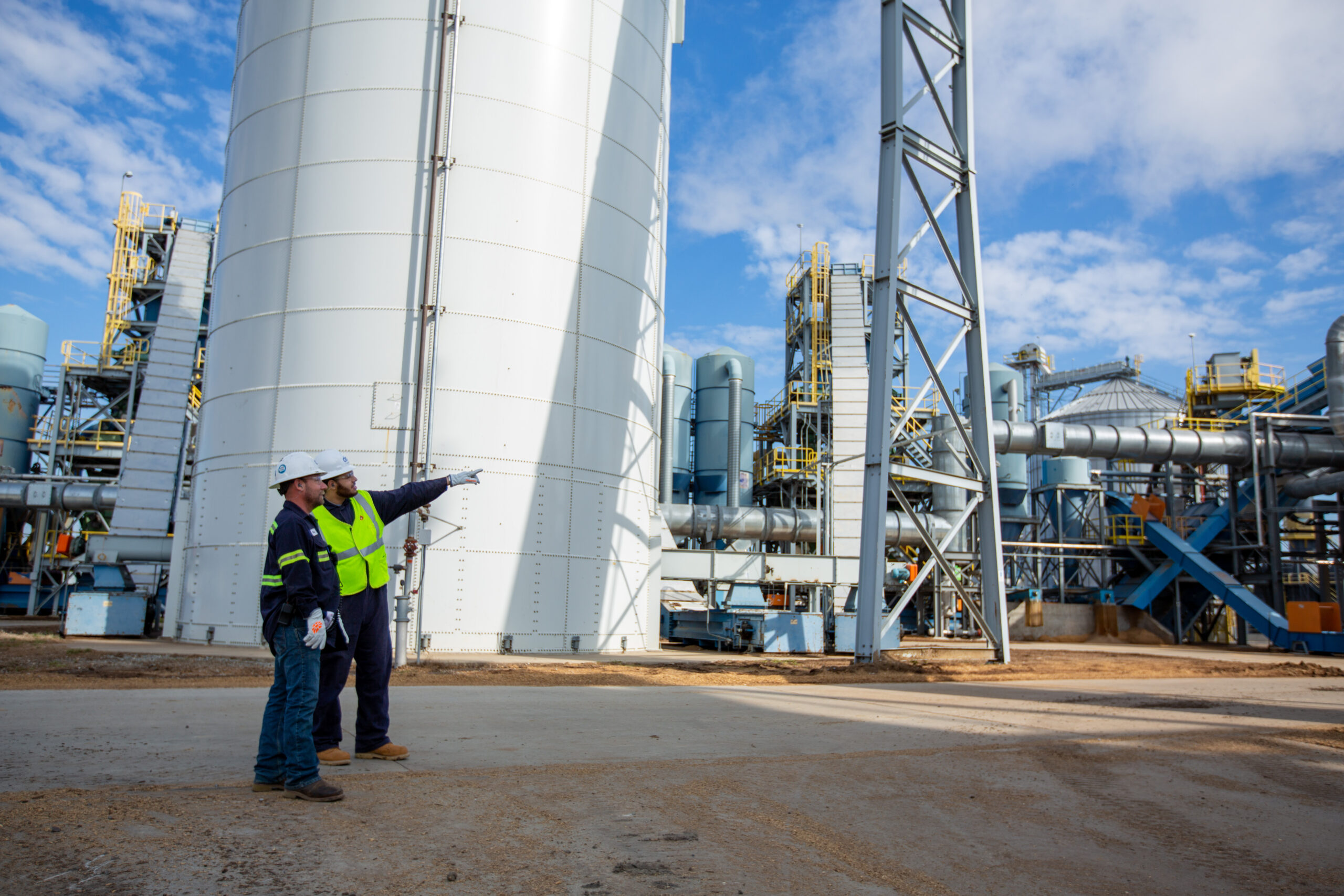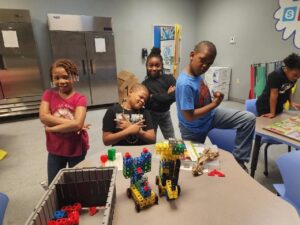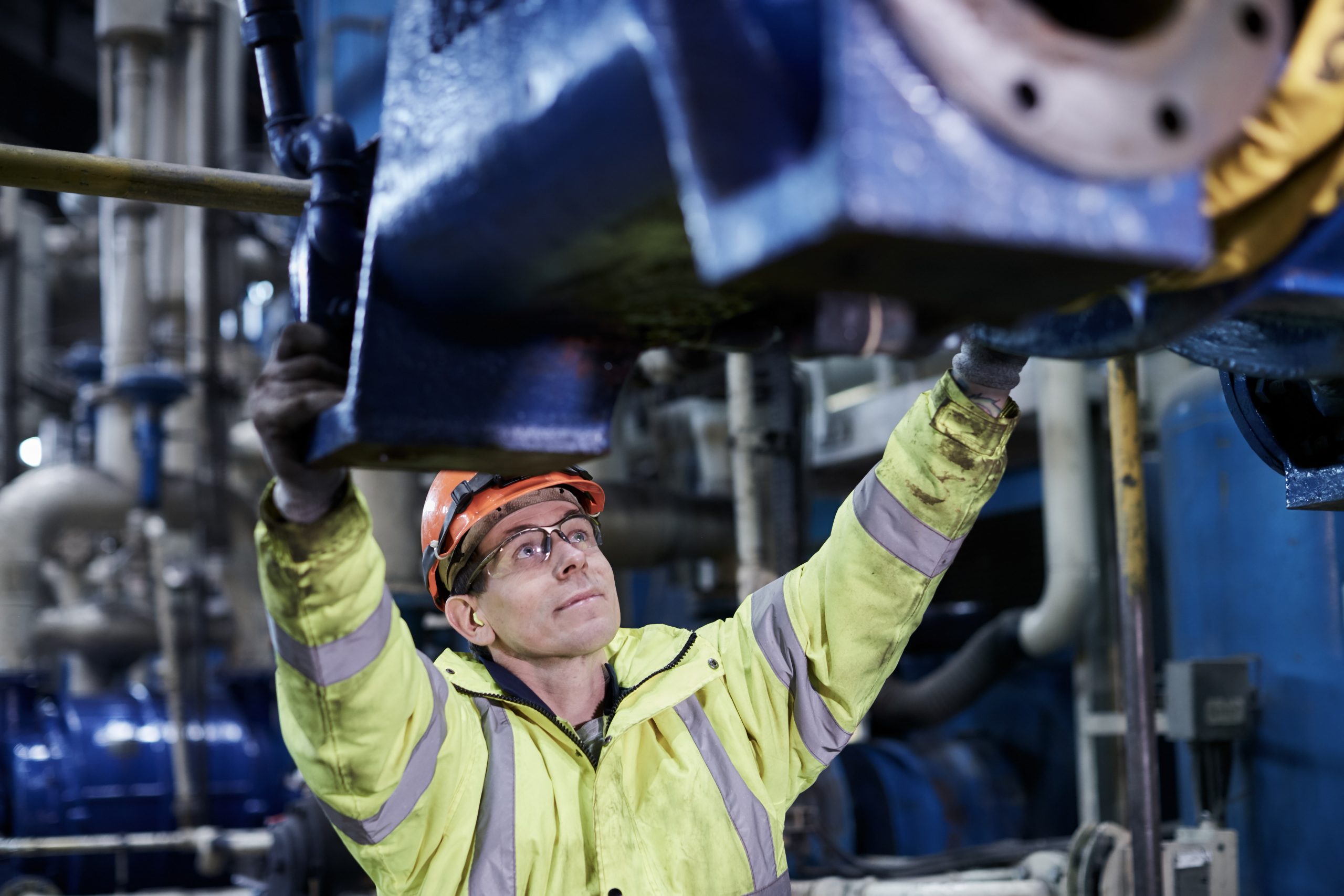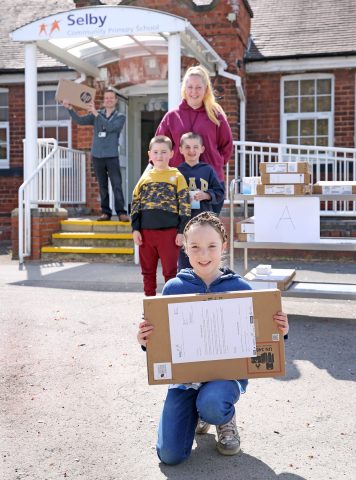
By Jessica Marcus, Head of Public Affairs and Policy, North America
Two years on from the announcement of nearly $400 billion in U.S. Inflation Reduction Act (IRA) investments, clean energy is rapidly expanding across North America. This expansion has been accelerated by the need for a shift away from fossil fuels and the falling cost of renewable energy sources. The amount of wind power in North America has more than tripled since 2010, with forecasts from the U.S. Department of Energy indicating that it will more than double again over the next 25 years, and the biomass energy output in the U.S. increased by almost 20% between 2012 and 2022.
As we celebrate its two-year anniversary, it is clear that rural communities have benefited the most from IRA investments, which have opened new prospects for towns that have faced decades of decline.
The decline of traditional industries rural communities relied on
Historically, industries like pulp and paper manufacturing and coal mining have provided the economic backbone for rural towns across North America. With the progressive decline of these sectors over the past 20 years, rural communities have been left with fewer and fewer alternatives for local workers. Particularly in hard-hit states across the US South like Mississippi and Alabama, communities are looking for other reliable sources of income to provide a dependable path back to prosperity
Demand for clean power is poised to soar
In North America, the use of renewable energy – including biomass, solar, and wind power – has been rising rapidly, nearly quadrupling in the U.S. between 2011 and 2020. The Inflation Reduction Act (IRA) has played a crucial part in this expansion and President Biden’s recent announcement of an additional $24 million to further grow sustainable energy in the U.S. highlights the continued commitment to this transformation. Canada is also making significant progress, with Quebec developing its hydroelectric industry and Alberta leading the way in wind energy installations.
The need for green electricity will only grow, with energy demand projected to double by 2030 – due in large part to the increased power consumption of datacenters underpinning modern technologies like blockchain and artificial intelligence. Organizations across the globe will also be striving to meet climate targets set out between the 2030s and 20240s, further driving up the demand for green power.
Rural areas now have an opportunity to profit from the global energy shift, with studies showing that clean energy will provide more and more jobs in places that have historically been hubs for fossil fuel industries.
Green jobs: a pathway back to prosperity for rural communities
The International Labour Organization predicts that by 2030, the shift to a green economy could provide 24 million new jobs globally. In North America, green jobs can provide a route back to prosperity for rural towns, making it possible for these regions to tap into the economic prospects brought about by the global energy transition. A significant amount of IRA funds have been allocated to supporting rural communities, with 25% of large scale clean energy projects announced in the first year of the IRA located in demographically rural areas. Similar efforts are being made by the Canadian government to assist renewable energy projects that stimulate rural economic growth.
With a majority of its operations taking place in rural areas, the biomass industry is a major player in this shift – especially in areas that were previously dominated by the coal and paper industries. Drax’s own operations have contributed directly to growing of rural economies through the production of biomass from low-grade forestry by-products and residues. Drax’s expansion throughout the Southeast of the United States has resulted in the reopening of sawmills and the creation of hundreds of jobs in communities that had seen an industrial decline across Louisiana, Mississippi, Arkansas, and Alabama. In 2023, Drax’s operations boosted the GDP of Alabama, Arkansas, Louisiana, and Mississippi by more than $1 billion. The company is having a similar impact in British Columbia and Alberta, where the wood pellet sector continues to grow.
The surge in clean energy investment is not only transforming the energy landscape but also revitalizing rural communities. The energy transition provides the lifeline that North America’s rural towns need to overcome the loss of old industries and begin to thrive once more through green jobs.










 It’s clear that care homes require extra support at this time. We are offering energy bill relief for more than 170 small care homes situated near our UK operations for the next two months, allowing them to divert funds to their other priorities such as PPE, food or carer accommodation.
It’s clear that care homes require extra support at this time. We are offering energy bill relief for more than 170 small care homes situated near our UK operations for the next two months, allowing them to divert funds to their other priorities such as PPE, food or carer accommodation.
